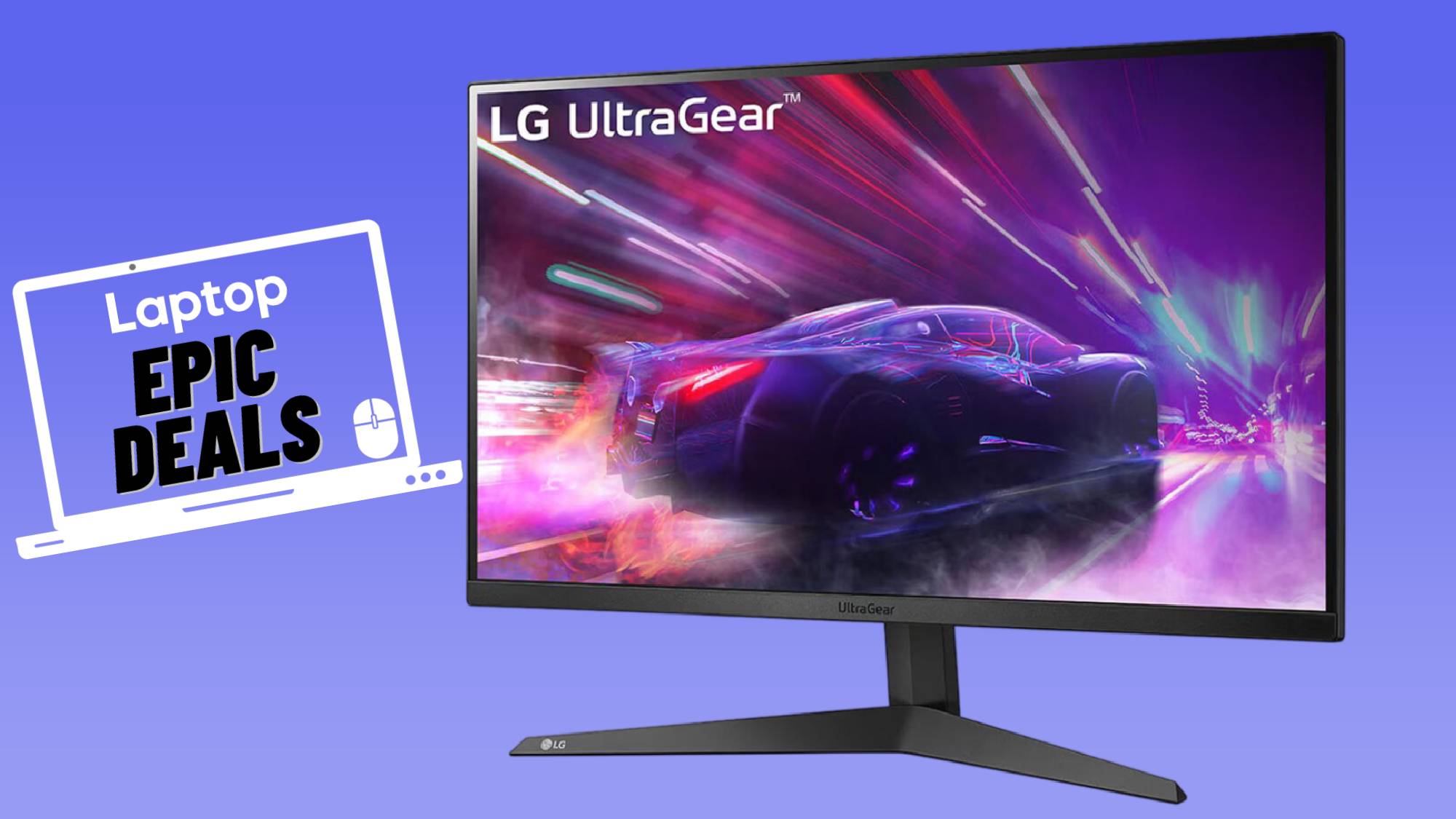Why the World Needs a Google Phone and Googlebook

Have you heard about the Google Vacuum? Or the Google Juicer? Late last week the Web was buzzing about Google selling its own Android phone, known as the Nexus One. And today TechCrunch reported that Google is talking to at least one hardware manufacturer about making a netbook running its Chrome OS. Some say Google getting into the hardware business is a bad move because it will only serve to alienate its partners—and there are many lined up for both platforms.
Others argue that Google making its own devices is the only way the company can compete with Apple, which benefits from the integration of hardware and software. I say Google should make its own gadgets to spur innovation and encourage the ecosystem to push the envelope, even if it pushes some companies into the arms of other operating systems.
To be clear, Google has not confirmed that it is bringing any device to market solely under its own brand. But it looks like the Nexus One could be the first, with Reuters reporting that the device will be made by HTC and sold online through Google directly as an unlocked device and through T-Mobile with a service contract. Thus far, Google has only said that a device is being tested by its employees to “experiment with new mobile features and capabilities.” Note that this phrase doesn’t necessarily limit Google to software experiences.
So what does this Google Phone bring to the table that its partners can’t?
Not much is known about the Nexus One so far. It has a 3.7-inch screen (the same size as the Motorola Droid), but it uses AMOLED technology for a brighter, crisper image. It also sports a 5.0-megapixel camera, and it looks like the device will be powered by Qualcomm’s powerful Snapdragon processor. The rumor mill also says the Nexus One will run a new version of Android software (v. 2.1), complete with a slicker interface that seems to mimic the multitasking Activity Card UI of the Palm Pre. I personally fail to see why HTC couldn’t bring this device to market, which brings us to why Google might want to go it alone.
First, a Google Phone would allow the company to circumvent the carriers and experiment with new advertising-based subsidization models. After all, Morgan Stanley predicted this week that the mobile Internet will be bigger than the desktop Internet by 2014. Pursuing this path could also allow Google to accelerate the pace of innovation relative to the once-a-year cadence from Apple. Selling a Google Phone would also give the company a platform to trumpet the benefits of Google Voice without worrying about stepping on carriers’ toes. Who knows? If Google is successful going the unlocked route—and that’s a big if for the the U.S. market—it may be a pied piper for other smart phone makers.
In some ways, a Google-made netbook seems premature. Why would Google want to make its own device long before its partners produce theirs? I can see this thing materializing as a reference design to showcase the benefits of Chrome OS—instant on, strong security, cloud-based apps, and long battery life—but only as a way to show Acer, Lenovo, Toshiba, and other partners what’s possible, not to show them up. But if there is a bonafied Googlebook, it would have integrated 3G, which means that Google could also experiment with a subsidization model that’s advertising based. And there’s no reason why that subsidy couldn’t apply to the hardware and to discounts for steep monthly data plans. I would sit through a couple of ads if it meant paying less than $60 per month.
Stay in the know with Laptop Mag
Get our in-depth reviews, helpful tips, great deals, and the biggest news stories delivered to your inbox.
I’m excited by the prospect of Google hardware, despite the fact that it would ruffle some feathers. That’ll happen when you’re trying to revolutionize the way people communicate and the way mobile devices are sold.
Editor in Chief Mark Spoonauer directs LAPTOP’s online and print editorial content. He has been covering mobile and wireless technology for more than a decade. Read his weekly SpoonFed column at www.laptopmag.com/spoonfed.

